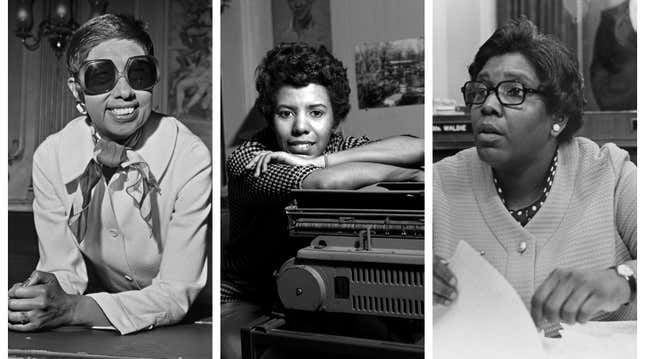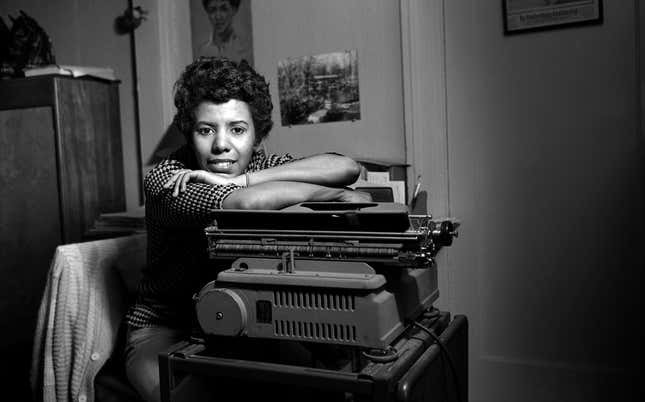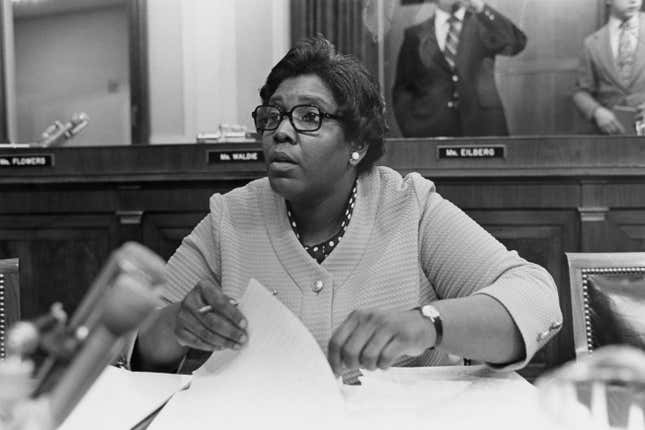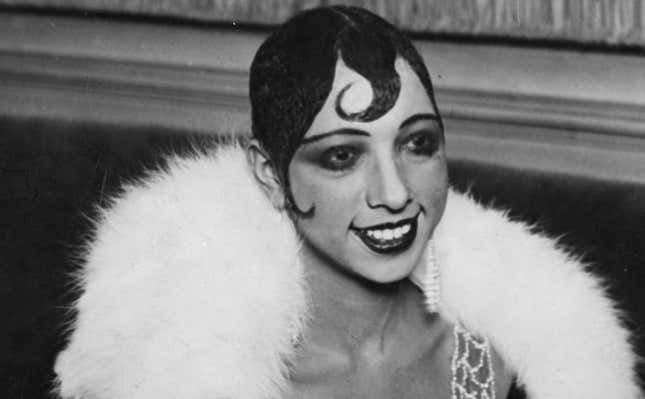
From Bayard Rustin to Audre Lorde to Billy Porter, history is filled with pioneering Black queer groundbreakers. Countless figures started movements and created art that let generations know they weren’t alone. Of course, for every name we all know, there are several equally familiar people who kept their private lives very quiet. Now it’s time to acknowledge and celebrate some of the Black queer game-changers who don’t get headlines and specials made about them every year.




